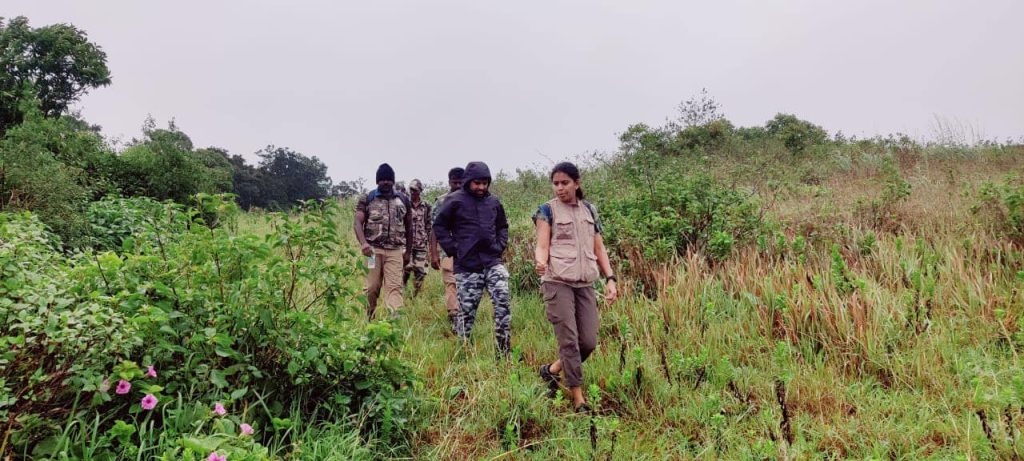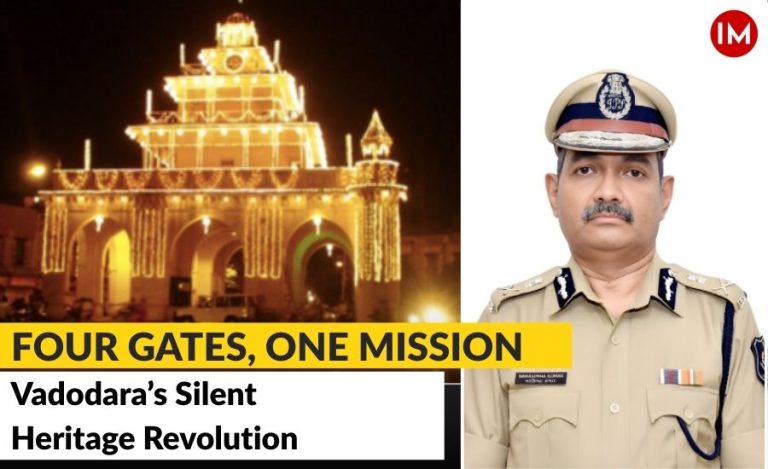Belonging to the 2009 batch of Rajasthan cadre, Indian Forest Service officer Harini Venugopal has done commendable work to protect and conserve wildlife and the environment. Along with her unconditional love for animals and the environment, she also loves to uplift the people around her.
In an exclusive conversation with Indian Masterminds, Ms. Venugopal shared her journey in the service and some of her most memorable experiences of working for the environment, wild animals, and people.
FIRST POSTING
Hailing from the state of Tamil Nadu, the officer is a post-graduate in Forestry, a subject that has always been her interest. After her training period, she received her first posting in Karauli, Rajasthan. Karauli was an area prone to illegal mining and the officer vowed to control it in her tenure, which she successfully did.
Following this, she received her first independent posting as the Deputy Conservator of Forests in Udaipur. Udaipur being a territorial region, her main target was to increase greenery in the district as much as possible. She focused on landscaping and afforestation, which also included medicinal plants.
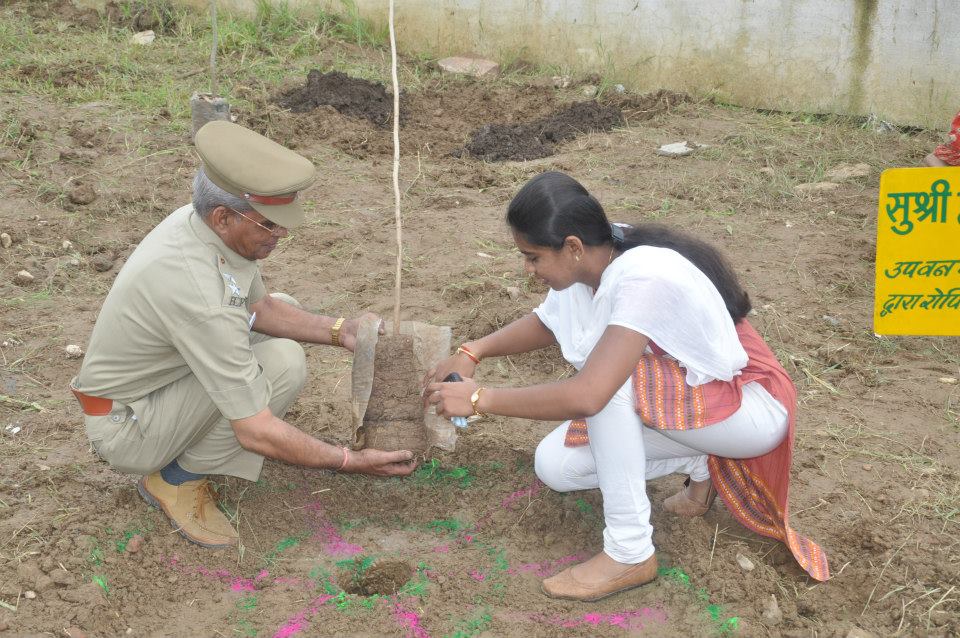
UPLIFTING UDAIPUR TRIBES
Another important step during her tenure was her focus on establishing income-generating activities, which was very successful in tribal-dominated Udaipur. These activities included agarbatti making, making various products out of aloe vera, amla, bamboo, etc.
“These activities were successful in increasing the participation of local tribes towards the conservation of forests and wildlife, indirectly. All our schemes were based on eco-development. Not only did we provide them employment through our plantation programs, but we also supported them through our developmental activities,” she told Indian Masterminds.
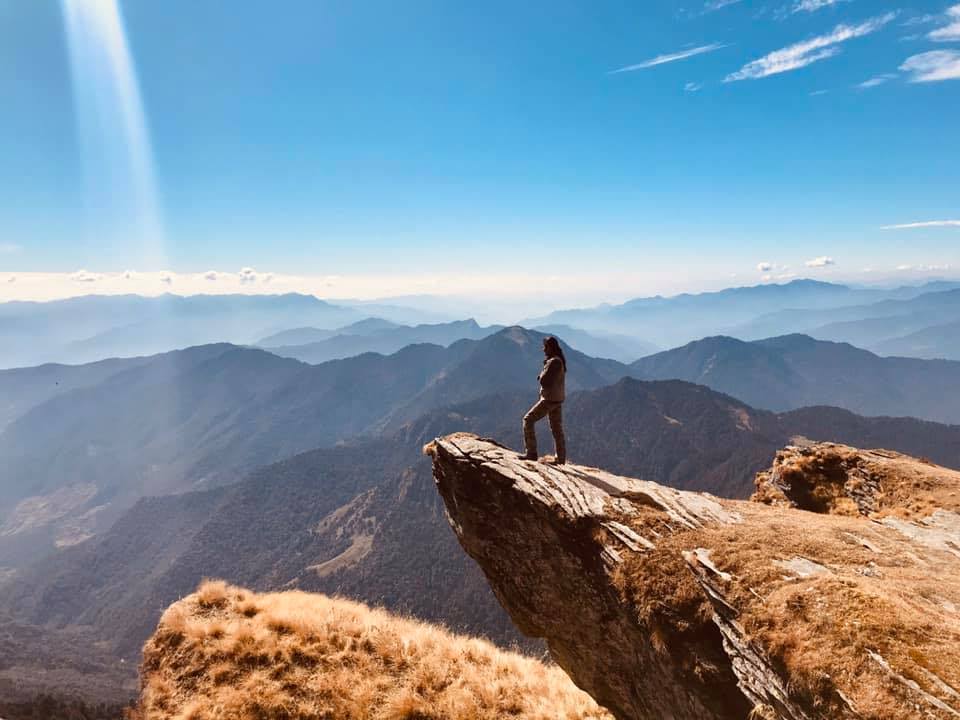
STOPPING ENCROACHMENTS
The land value in Udaipur is quite high owing to the beauty and historical importance of the city. This leads to illegal encroachment in, around, and outside the city.
“I gathered my team and worked day and night to make Udaipur encroachment free. We worked towards that direction and were successful to quite an extent, along with eliminating illegal mining,” Ms. Venugopal said.

WILDLIFE DIVISION
The officer was later posted as the Deputy Conservator of Forests, Wildlife Division in Sajjangarh Wildlife Sanctuary, Udaipur, a post that she had always desired, owing to her love for wildlife.
During her tenure there, she was successful in promoting eco-tourism activities in the region. She introduced these activities involving local people and formed a dream team out of them.
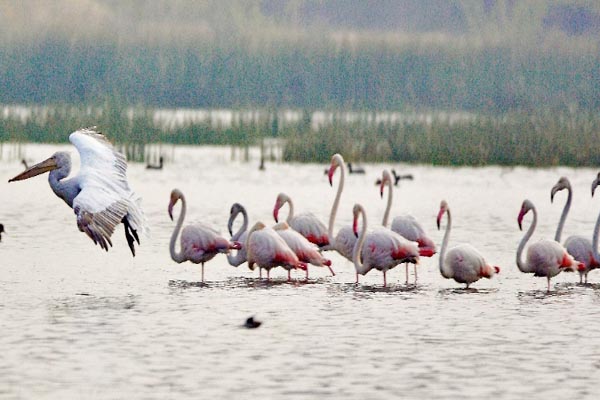
“We also organized Udaipur Bird festival, a unique festival where people from all walks of life and from every corner of the world gather to see beautiful and unique migratory birds from across the country and learn more about them,” she said.
She also took the opportunity to raise awareness amongst people about the conservation and the protection of wildlife by promoting various related activities throughout the year. She also contributed to the construction of a biological park in the region.
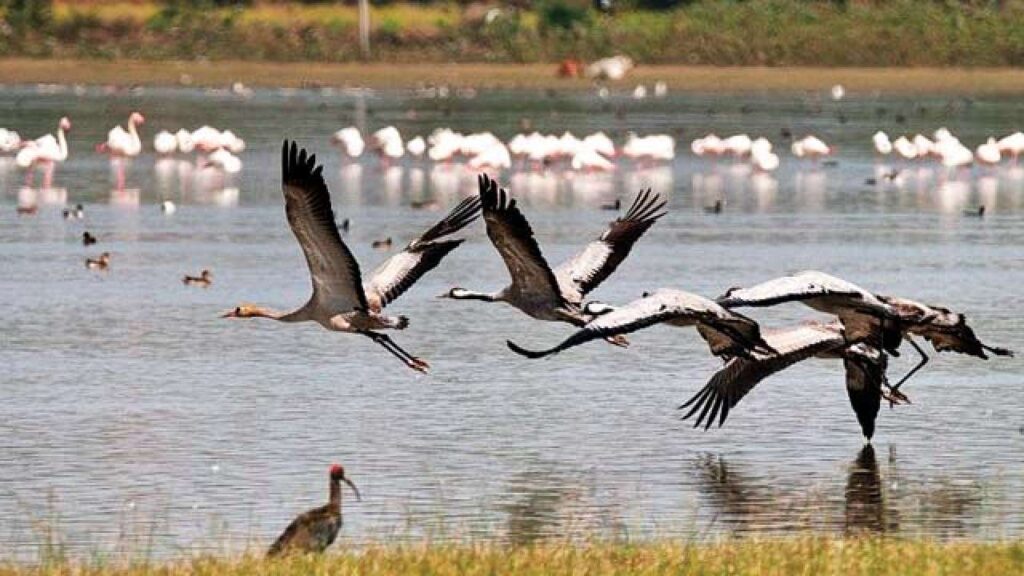
MANAGING HUMAN-WILDLIFE CONFLICT
As the in charge of the forests and wildlife of Udaipur, Ms. Venugopal realized that it was her duty to manage human-wildlife conflict in and around the area, which was inhabited by leopards and tigers.
“We always kept a balanced approach and tried to have a good rapport with the locals so that they are not agitated. We sensitized them regarding the space that should be given to wild animals and made them understand the importance of co-existing. For unfortunate accidents or property damage, we immediately compensated the victims,” she said.

PHULWARI KI NAL SANCTUARY
Also called ‘The Orchid Paradise of Rajasthan’, the Phulwari Ki Nal Sanctuary in Udaipur is extremely rich in biodiversity and is in a tribal area.
“People are living in very remote and core areas where they are not exposed to urban life and mainstream living. So, we not only focused on the conservation of biodiversity there but also tried to balance the lives of the tribals by exposing them to urban visits and raising awareness about the biodiversity of the place,” said Ms. Venugopal.
During her tenure, she also organized the first Orchid Festival of Rajasthan. She got it documented from all over Rajasthan and presented it to the public. Through this, she was also able to raise awareness about the conservation of orchids in the state.
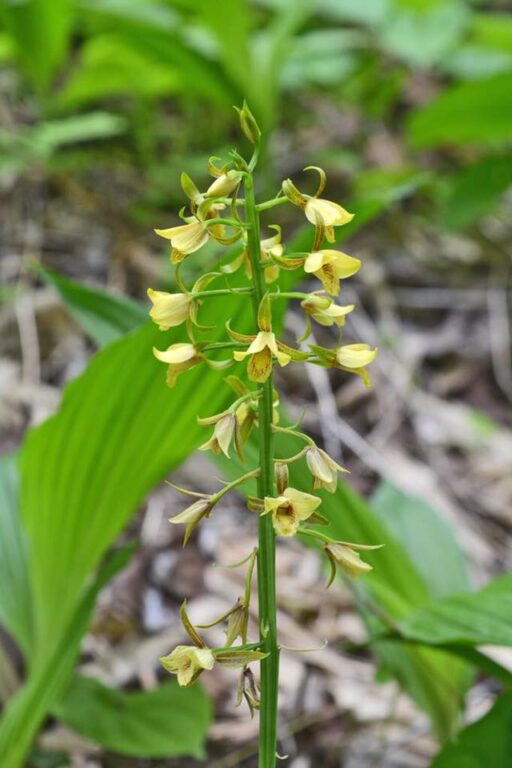
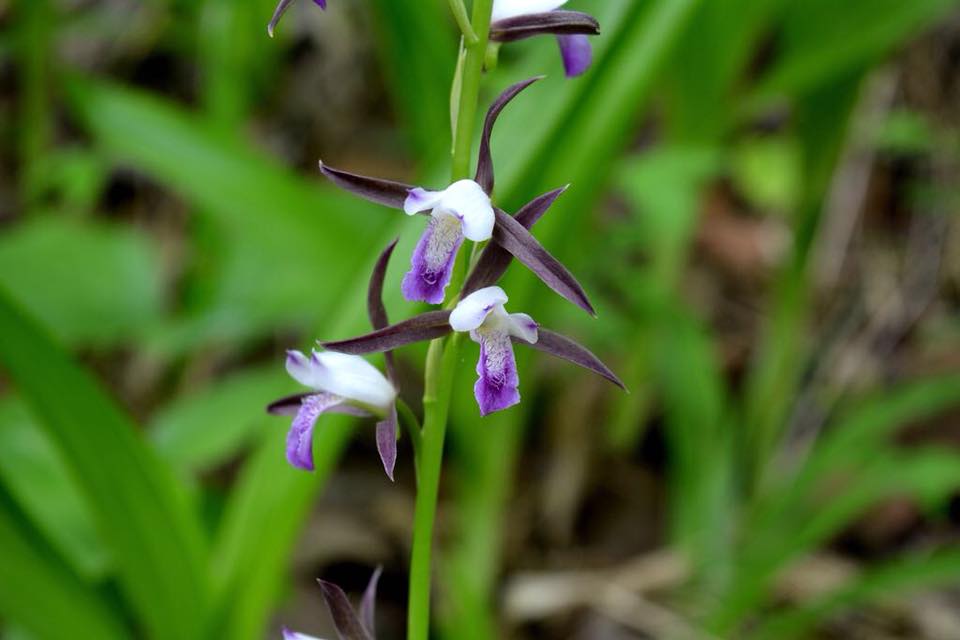
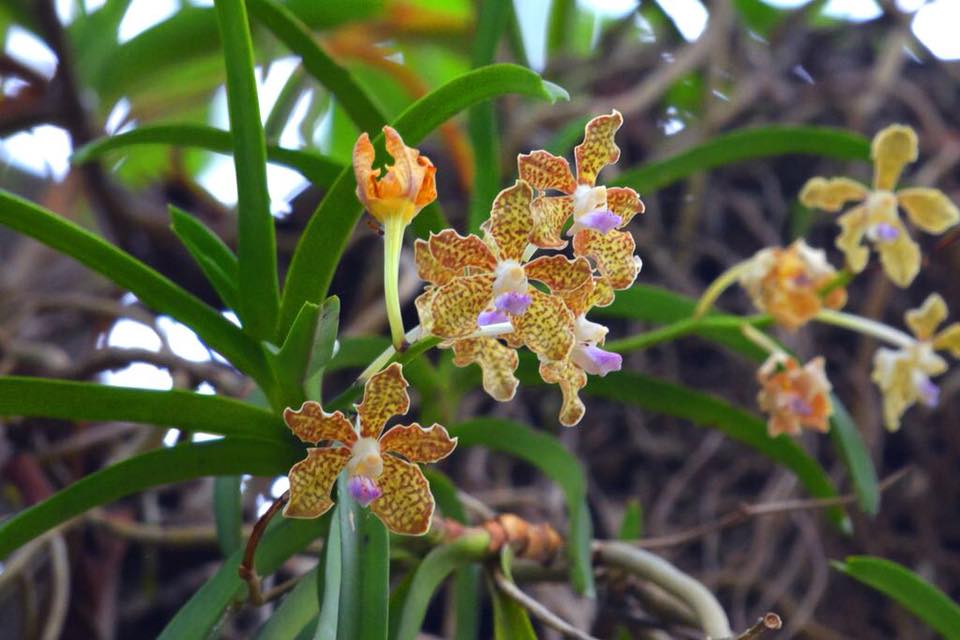
LEOPARD CONSERVATION
One of the major contributions of the IFS officer is declaring the Jawai Bandh Sanctuary as an official Leopard Conservation Reserve. During her tenure, she ensured the sighting of leopards to anyone who visited the sanctuary.
“This enabled a tourist safari to not only sight just one leopard, but 3-4 leopards in one round. The sanctuary became a unique landscape that supported leopard conservation,” she told Indian Masterminds.
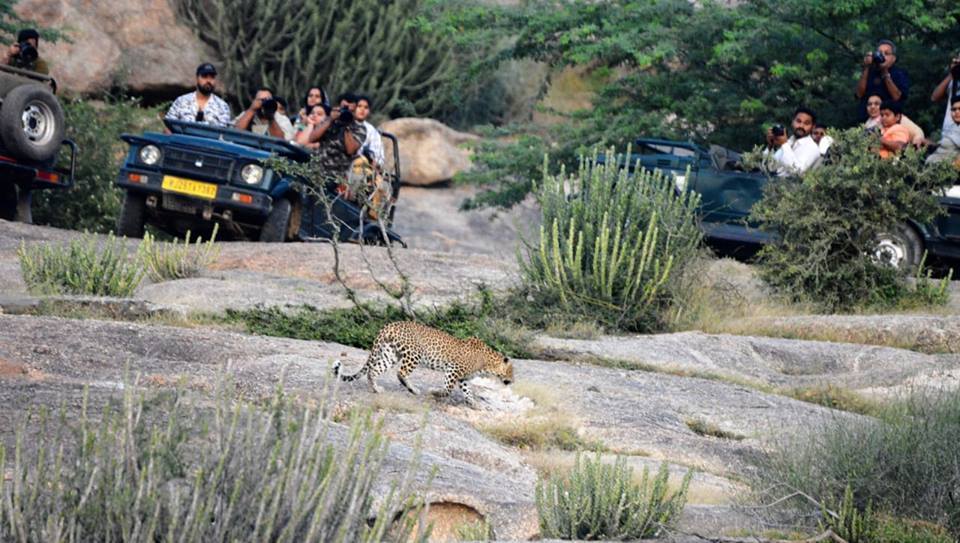
Through her efforts, the reserve became the best example of human-leopard coexistence. Leopards have been dwelling in the granite hills of Jawai, where a number of temples have been carved. These temples have priests and also host a considerable number of visitors, but not even once, an attack by leopard has been reported.
The area surrounding the Jawai dam becomes a grazing point for the cattle as herders find more greenery there. No shepherd has reported an attack on cattle when they are escorted by just a human with a long wooden staff.
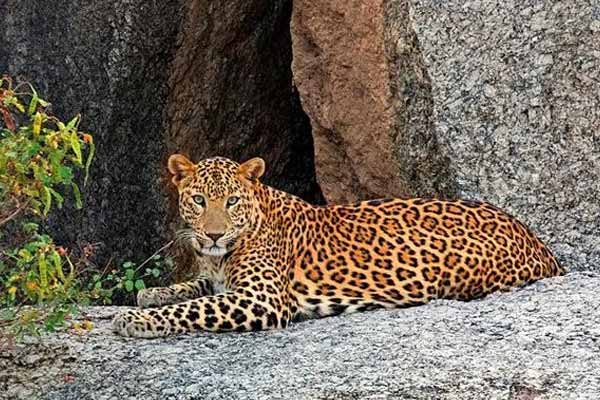
Ms. Venugopal is currently posted as the Assistant Inspector General in the National Tiger Conservation Authority (NTCA), where she supervises all the tiger reserves in the southern states of India.

